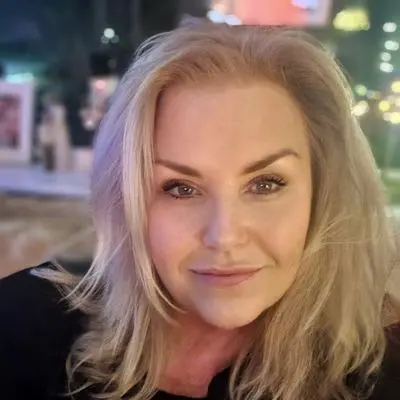Why did you decide to become a foster carer?
I started fostering seven years ago when I was working in the local upper school’s exclusion department. I realised an awful lot of children were children in care. I started at an agency and was an approved foster carer with them for a couple of years, and then transferred to Suffolk County Council. It was a very smooth transition – I haven’t looked back.
What led to you fostering Unaccompanied Asylum-Seeking Children?
I didn’t go into fostering thinking that I would like to foster UASC but I was keen to as I had lived in Sudan for six months. Then it was literally a phone call at 11pm saying they had found a lovely young boy in the back of a lorry at Mildenhall Air Force Base and would I foster him. By the time he arrived it was 3am and he walked in looking like a rabbit caught in the headlights – he was the sweetest 13-year-old boy from Eritrea and that was our first experience. There weren't the usual foster care nerves - you just want to nurture them.
How did he settle in to foster care?
All he wanted to do for a while was sleep. It was the first time he slept in a bed and the first night he fell out of his bed. The second night he had made a pallet on the floor with his duvet, but he slowly got into bed. It was a very slow natural organic process, letting him settle in and slowly introducing him to the house, the family, the village and school. In the obligatory first day at school photo, he was beaming, and he never missed a day of school in two years - he would even go if he was feeling poorly because education to him was so important. He was soon signed up to a football team and became their star player.
Was there a language barrier?
He didn’t speak a word of English, so it was lots of gesticulation and lots of stickers over the furniture. I would say he was fluent within six months, and he wasn't in school for a while. The first two or three months we used to sit at the table and practise handwriting with primary school books. I just thought let's pretend he's five and it was lovely.
What support do the children receive from the fostering team?
Foster children are immediately assigned a social worker, who are fantastic. The social worker provided a translator and explained what was going to happen to him regarding Home Office interviews, solicitors’ interviews, biometrics and asking him a little bit about his journey. My involvement was getting him registered with schools, doctors and dentists.
Do you have a network of support?
Through social media I connected with fostering support groups, so my network expanded, and it is invaluable. Sometimes you don't want to ring your supervising social worker because it sounds so trivial so I have called other foster carers late in the evening and said, ‘what would you do in this situation’.
Where is your foster son now?
He's at college learning motor mechanics, he also is a driver on his bike for Deliveroo. He rings me once a month and you can tell he is just so happy in his voice. He is just the perfect example of someone that came here and was grateful for everything.
What would you say to someone considering becoming a foster carer for UASC children?
I would say give it a go, because you have nothing to lose and so much to gain. It has been a lovely journey and one I don't want to get off.
To find out more about Fostering with Suffolk:
visit www.suffolk.gov.uk/fostering
call us on: 01473 264800
Attend our virtual UASC information event on Wednesday 22 February, 7pm. Email fosterandadopt@suffolk.gov.uk to register your interest.

